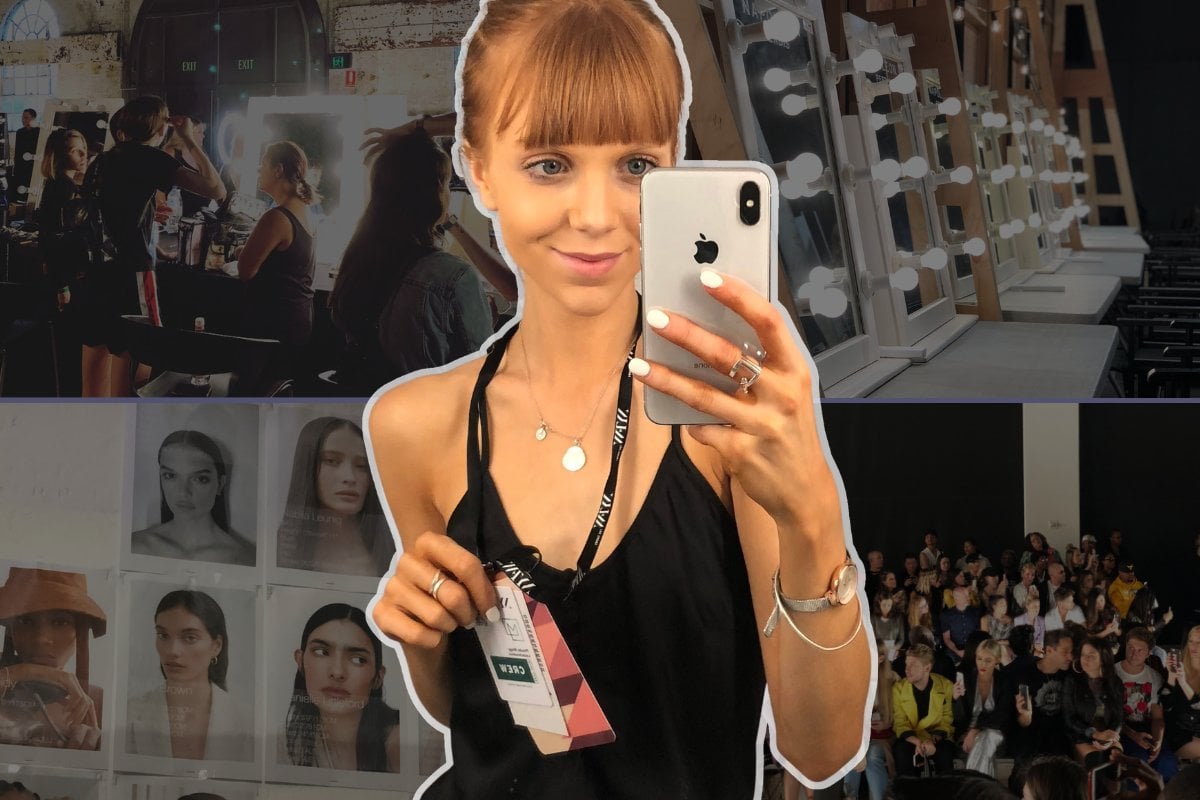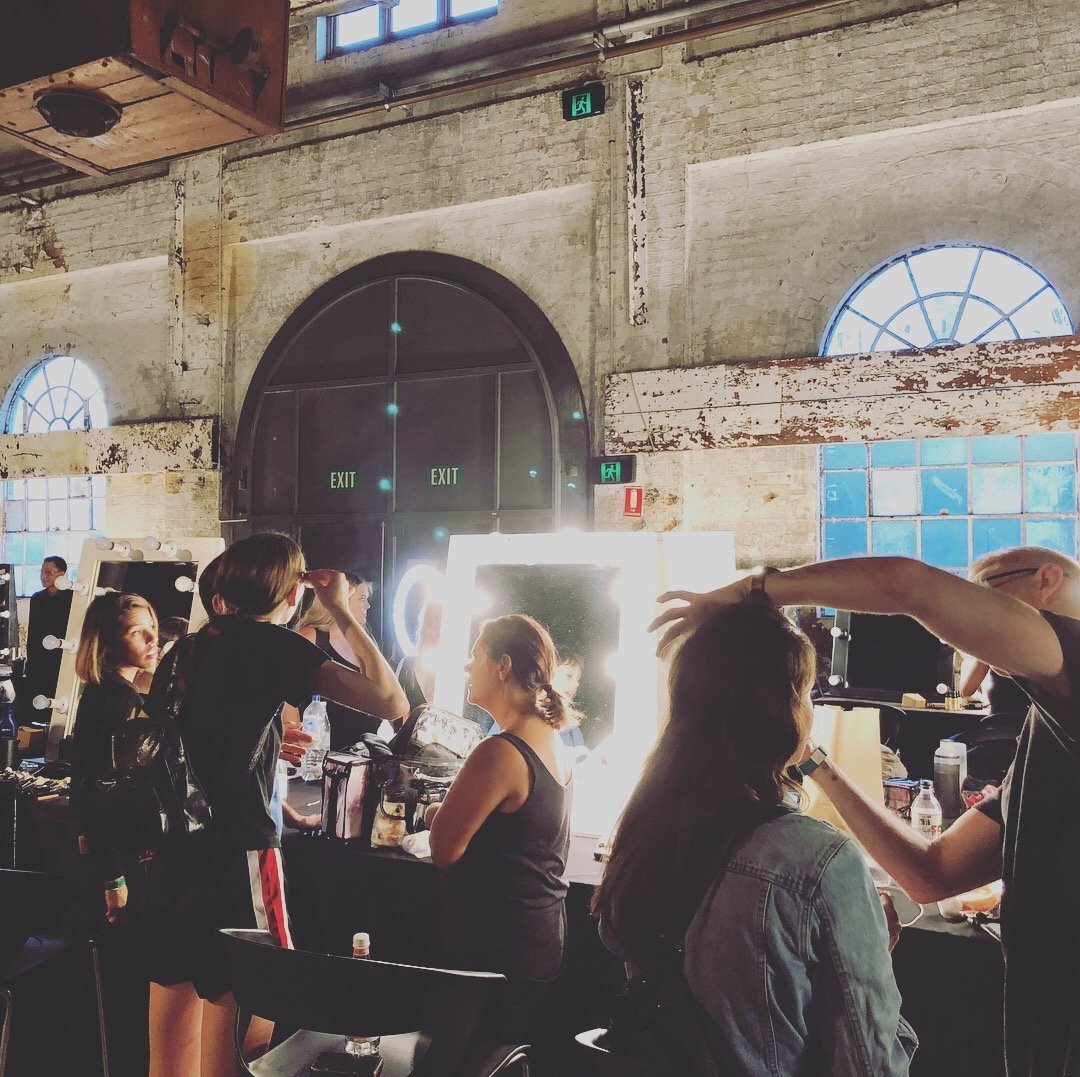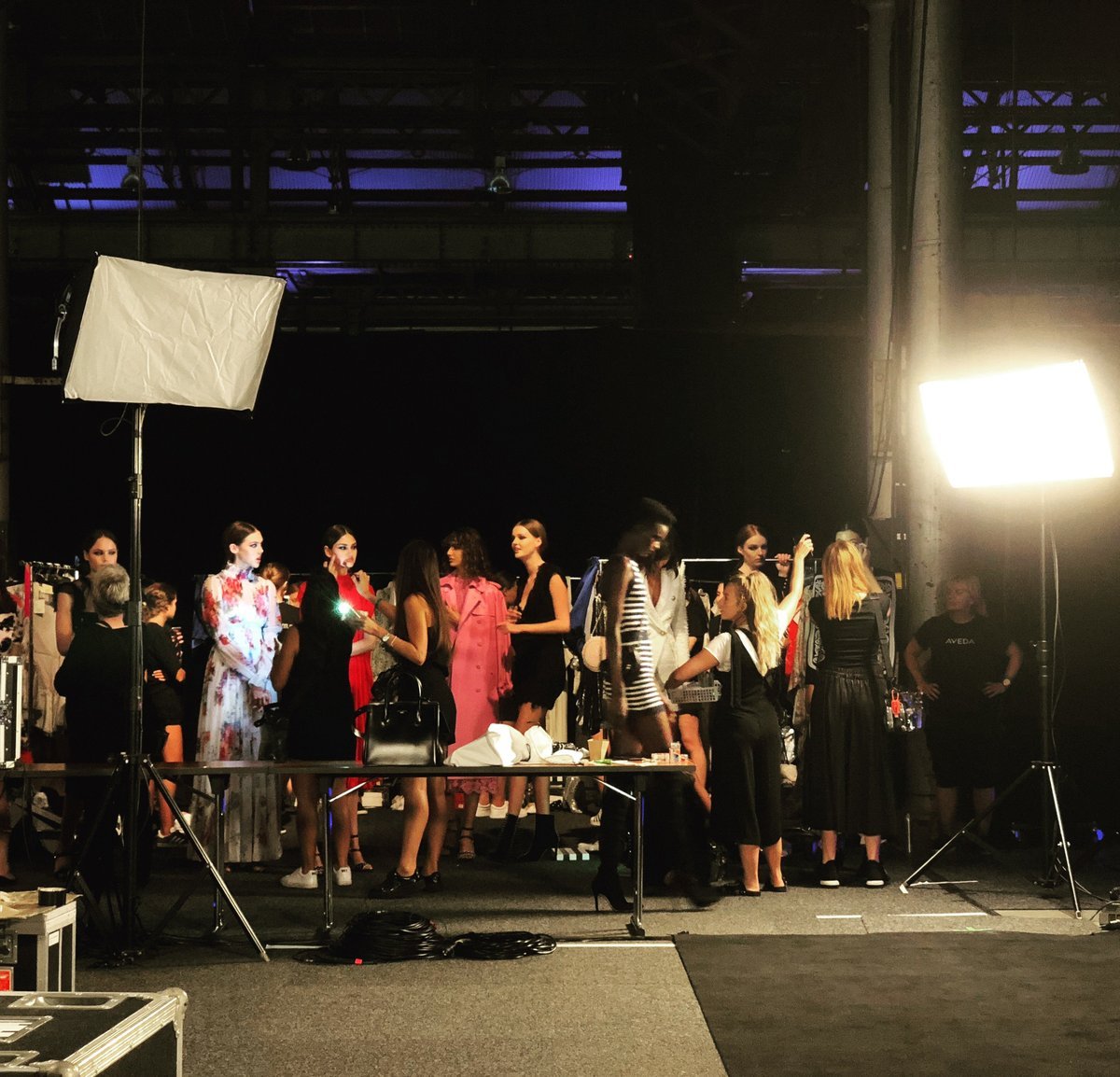
This post mentions eating disorders and may be triggering for some readers.
From playing dress-ups as a child to pre-planning my work attire as an adult, I always knew I was destined for a career in the fashion industry.
What I didn't expect, was that I would be living out my dream while recovering from a crippling eating disorder.
Although initially diagnosed with Anorexia Nervosa in 2016, it wasn't until 2018 that my suffering collided with my studies and work within the industry.
After completing a Diploma of Fashion Business in 2018, I finished my course with the eagerness and energy of most determined millennials – passionate, and overly proactive.
From interning at high-profile magazines to brunching with industry frontrunners, I finished studying and hit the ground running.
Whether it was an internship, networking breakfast or photoshoot, I said yes to any and every opportunity that came my way. It was only a matter of time before burnout and exhaustion caught up to me.
In 2019, the combination of stress, lengthy hours and a rather toxic work environment lead to the escalation of my eating disorder. Between the years of 2019 to 2020, I endured five hospital admissions, some of which lasted weeks or months at a time.
I juggled the majority of my outpatient recovery with my work within the fashion industry. I knew being around that environment might prolong my recovery process, but I did so with the hopes of being proven wrong.


Top Comments